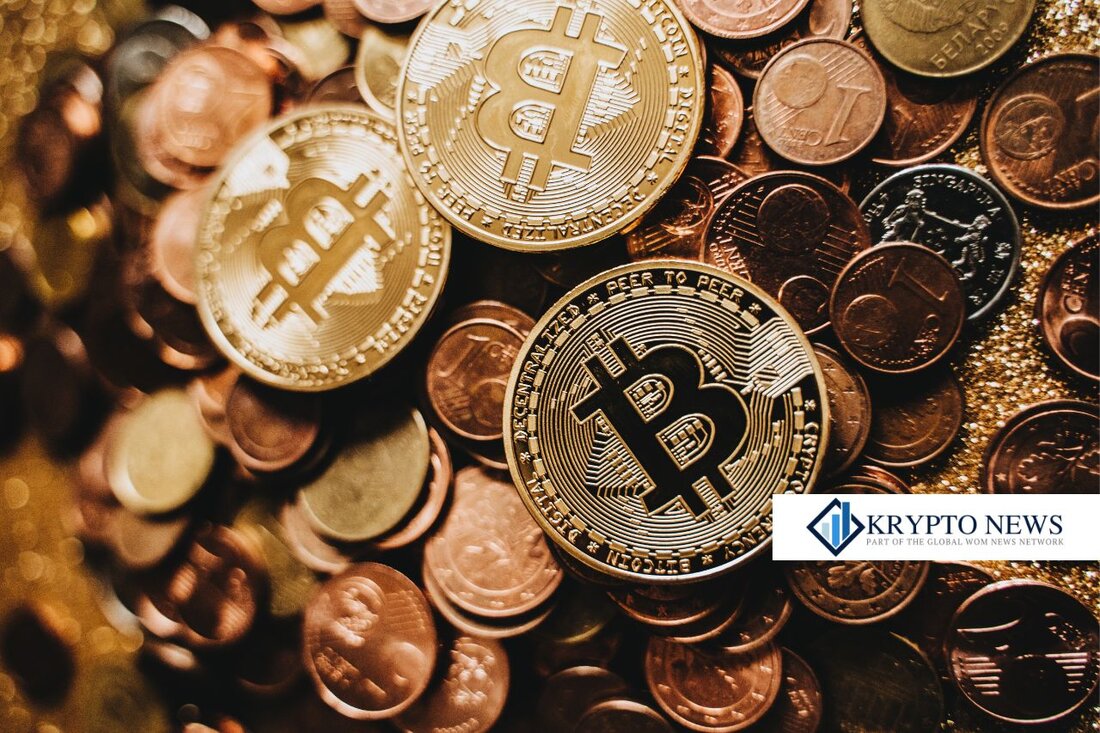South Korea raises the 14th anniversary of Kimchi-Bonds-what drives change?
South Korea raises 14 years of ban on Kimchi bonds-what drives the change? South Korea recently lifted a 14-year ban on Kimchi bonds. This decision caused a sensation in the financial world and raises questions about the more detailed motives and the possible effects on the Korean economy. What are Kimchi bonds? Kimchi bonds are a ...

South Korea raises the 14th anniversary of Kimchi-Bonds-what drives change?
South Korea raises 14 years of ban on Kimchi bonds-what drives the change?
South Korea recently lifted a 14-year ban on Kimchi bonds. This decision caused a sensation in the financial world and raises questions about the further motives and the possible effects on the Korean economy.
What are Kimchi bonds?
Kimchi bonds are a special type of bonds that are issued in Korean currency, the Won. They were originally introduced to open the international capital market for South Korean companies, but have been put on hold since 2009 due to regulatory concerns and the value of the Won.
reasons for the abolition of the ban
In the course of the global economic changes and an increasing interest in Korean financial instruments, the South Korean government seems to have recognized the need to lift the ban in order to facilitate access to international capital markets. Another factor could also be the desire to be more attractive for foreign investors in a competitive global environment. The abolition of the ban could help to move foreign capital into the country and thus strengthen the domestic economy.
Effects on the economy
The revival of the Kimchi bonds could have a long-term positive effects on the South Korean economy. Companies now have the opportunity to procure capital to finance their expansion and investments. The international perception of the South Korean market could also be strengthened, which could be reflected in an increase in foreign direct investments.
In summary, it can be said that the lifting of the 14-year ban for Kimchi-Bond is an important step for South Korea in order to position itself better in the global financial landscape. The coming months will show how this decision will affect the financial market and the economy of the country.
 Suche
Suche
 Mein Konto
Mein Konto
